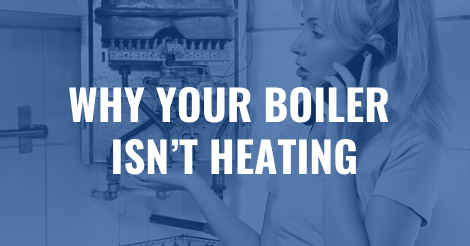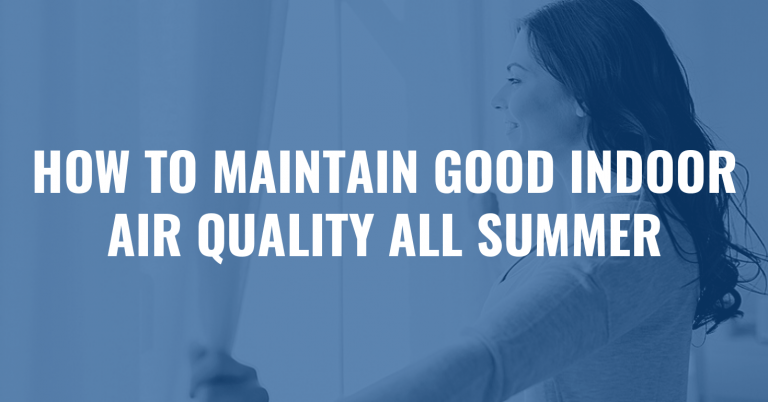If your boiler isn’t firing up for central heating or hot water, try these troubleshooting tips to find the source of the problem.
Check the power source
Depending on the type of unit you have and the type of power source it relies on, you may have to check more than one power source. For example, some units require both electric and gas.
For an electric supply, check your breaker box to make sure the boiler didn’t trip a fuse. If it did, you can try flipping the breaker, but if it keeps tripping, call in for a repair.
Check to see if your pilot light is out. If you feel comfortable, relight it. If it relights and stays on, it was just a one-off issue, but if it continues to burn out, or burns orange instead of blue, call in a professional.
For a gas-fueled boiler make sure the gas is turned on.
Check the thermostat
The solution can be as simple as making sure the thermostat is set to the “heat” position, changing the batteries, resetting the program (if it is a programmable thermostat), or replacing it.
Other boiler issues
Why is my boiler leaking?
A leaky boiler can most likely be traced to a broken seal, corrosion, damaged valves/pump, or a faulty water pipe connection. Regardless, a leaking boiler is a serious problem that can cause major damage. If your boiler is leaking, call in an expert.
Why is my boiler pressure high?
When your boiler begins to heat water, the water expands causing the pressure gauge to increase. Boilers have a built-in pressure relief valve that controls these changes in pressure, so you should not be concerned if you are using both central heating and running hot water. Once you are finished using your hot water or heat, the pressure should lower back to safe levels.
What if the pressure doesn’t fall?
Check that the pressure relief valve is closed. It is possible that it may have loosened over time.
After checking the valves without success, follow the instructions in your user manual and bleed your boiler system to release pressure.
If your boiler pressure continues to be too high, it is time to place a service call.
Why is my boiler pressure low?
There are a few issues that can cause boiler pressure to drop. The most common culprit is leaking. The leaks can occur in a few places including your pipes, radiators or the boiler itself. Smaller leaks can be hard to spot, but you can look around your home for damp areas.
Another reason a boiler can lose pressure is a faulty pressure release valve. If you have a defective valve, it may be releasing too much water which causes the boiler pressure to drop.
A malfunctioning expansion vessel may also be to blame for low pressure. When an expansion vessel is not working correctly, the pressure will increase causing the boiler to release too much water that will result in lower pressure in your boiler.
If you are having trouble knowing what to do with your boiler system, contact Burkholder’s HVAC today! Our NATE certified technicians will work through a serious of tests to diagnose the problem and get your system up and running as soon as possible.



